Jung Personality Test for Teams, Coaching and Leadership Development
A Jung personality test helps people understand their personality based on Carl Gustav Jung's 16 personality types. This test provides insights into behavior and decision-making styles. The Bridge Personality Test measures these types accurately, revealing motivation, strengths, and potential. For over 15 years, many companies and organizations worldwide have trusted it. Whether you need an assessment for a candidate or a budget-friendly subscription through TestGroup's online platform, we have the right solution for you. Enjoy the reliability and convenience of the most trusted Jung personality test available today.
What is a Jung Personality Test?
The Jung Personality Test uses the 16 Jung Types that are based on the personality model developed by famous Swiss psychiatrist Carl Jung. A popular model in the field of personality psychology, it is often used to map behavioral preferences. Our Jung Test is a very reliable and valid personality test for gaining insight into Jung Types.
With a Jung Personality Test, you measure the 16 Jung Types.
This Jung Test (The Bridge Personality) is partly based on Carl Jung's personality theory and represents your personality via 4 dimensions. Together, the scores on these 4 dimensions create 16 Jung Types.
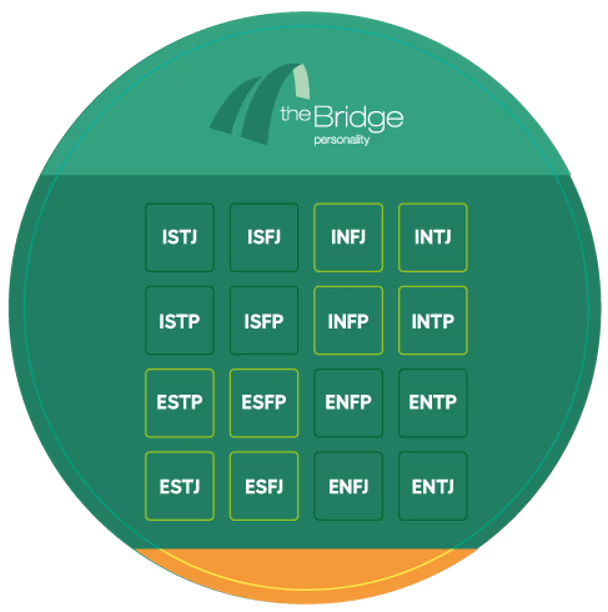
Extraversion or Introversion:
Are you mainly focused on the outside world or on your own thoughts? People with a preference for Extraversion enjoy working with others and develop initiatives with others, whereas people with a preference for introversion like a quiet work environment and best develop ideas when they are alone.
Sensing or iNtuition:
Are you mainly interested in the facts, or do you like to imagine what is possible? People with a preference for Sensing typically prefer to work step-by-step on tasks for which they already know the method. People with a preference for intuition enjoy tackling new, creative projects.
Thinking or Feeling:
People with a preference for Thinking make decisions based on logical and objective reasoning. On the other hand, people with a preference for feeling make decisions based on personal ideals. People with a preference for feeling can also logically justify their decision, but only do so after they have consulted their personal values.
Judging or Perceiving:
People with a preference for Judging prefer to live structured lives, work according to a schedule, and focus on what needs to be done. People with a preference for perceiving instead like to live a bit more flexibly. They embrace change, are open to new experiences, and feel limited by rigid structure.
Jung Personality Test: The Bridge Personality
The Bridge Personality provides you with a comprehensive overview of your candidate's Jung Type. This Jung test is suitable for business use by companies, organizations, and governments.
Sample report of the Jung personality test
You can view a sample report of the Jung Personality Test here. This report first displays the scores on the 34 Big Five competencies. These competencies can be matched with almost any job profile. Next, the participant's Jung Type is shown. On the last page of the report, scores on 8 commonly-used competencies are displayed.
Sample page of the 16 Jung Types report
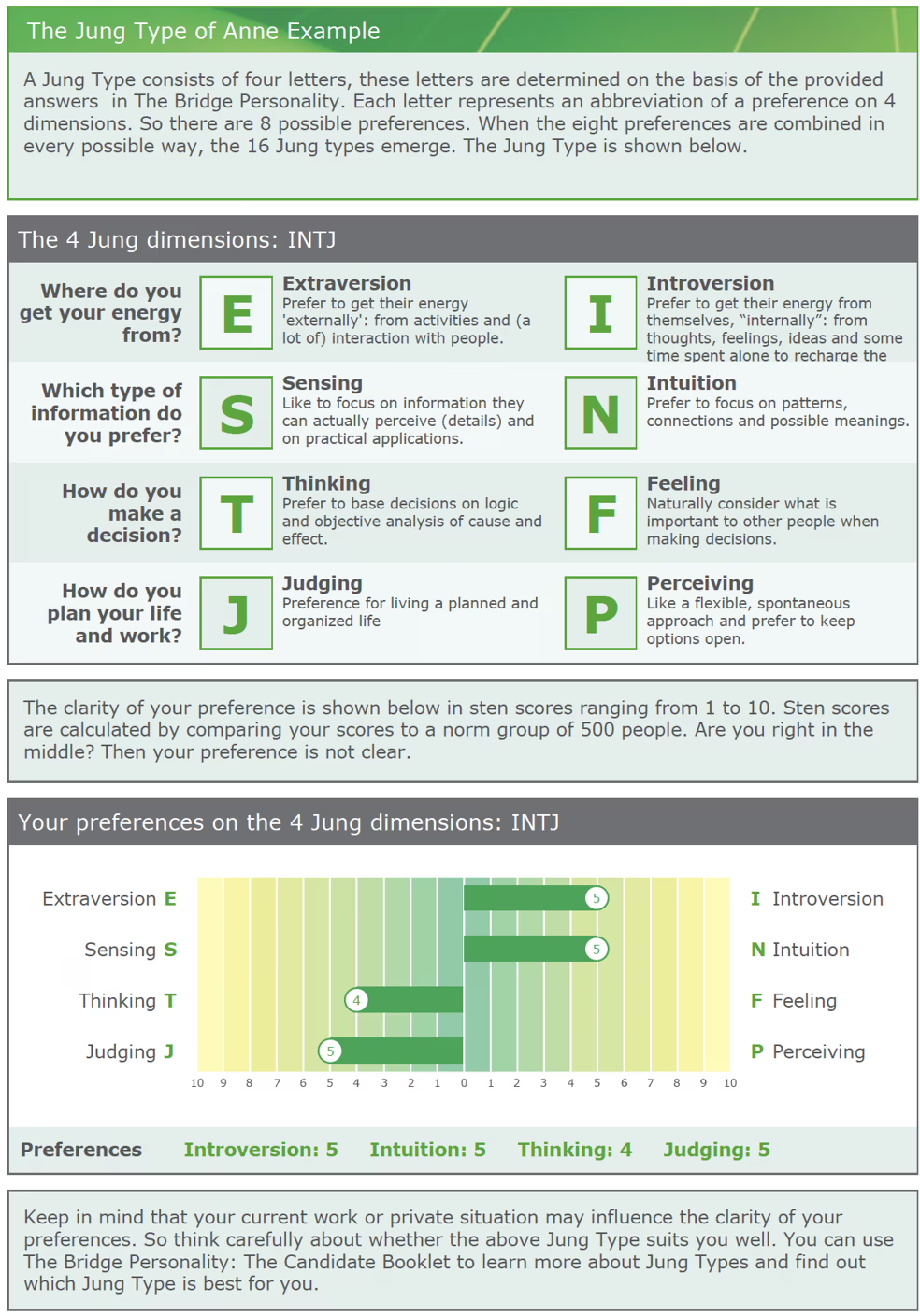
How to order the Jung Personality Test
The Bridge Personality test provides a complete overview of your candidate's Jung Type and is simple to order. Here's how it works:
Choose your option:
Receive login details via email within 30 minutes after ordering. Once the test is completed, the report is instantly sent, and companies can conveniently pay later by invoice.
Overview of all 16 types in the Jung Personality Test
The Jung Personality Test, a widely recognized psychological tool, categorizes personalities into 16 distinct types based on four preference pairs. These pairs delineate how individuals typically direct energy (Extraversion [E] vs. Introversion [I]), process information (Sensing [S] vs. Intuition [N]), make decisions (Thinking [T] vs. Feeling [F]), and approach the external world (Judging [J] vs. Perceiving [P]). Most people naturally align more closely with one preference in each pair, reflecting their innate way of functioning, distinct from the roles they assume in daily life. When these preferences are combined—E or I, S or N, T or F, J or P—they form a four-letter code representing one of the 16 unique personality types, each with its own set of characteristics. These types serve as a framework for understanding human behavior and preferences in various aspects of life.
ISTJ:
Quiet and serious, ISTJs are known for their thoroughness and dependability. They approach life with a practical and realistic mindset, valuing responsibility and organization. They methodically work towards their goals, undeterred by distractions, and find satisfaction in structuring their work and personal lives. Traditions and loyalty are of great importance to them.
ISFJ:
ISFJs are reserved yet friendly, conscientious, and responsible individuals. They are dedicated to fulfilling their duties and do so accurately and carefully. Loyal and considerate, they remember the details about those who are significant to them and are mindful of others' feelings. Their goal is to create a harmonious and orderly environment both at work and home.
INFJ:
INFJs seek deeper meaning in life, striving to understand the motivations behind people's actions. They are insightful and conscientious, with firm personal values. INFJs are visionaries, focused on serving the greater good, and are organized and decisive in implementing their ideals.
INTJ:
INTJs possess original minds and are driven to realize their ideas and achieve their goals. They are adept at spotting patterns and developing long-term strategies. Committed and organized, they are skeptical and independent and uphold high standards for themselves and others.
ISTP:
ISTPs are tolerant and flexible, often observing quietly until a problem arises, at which point they act swiftly to find solutions. They excel at analyzing and understanding how things function, valuing efficiency and logic.
ISFP:
ISFPs are quiet, kind, and sensitive, enjoying the present moment and their surroundings. They prefer having their own space and time, are loyal to their values, and value harmony in their relationships, avoiding conflicts and not imposing their beliefs on others.
INFP:
INFPs are idealistic and loyal to their values and close relationships. They are curious and adept at spotting possibilities, often catalyzing the implementation of ideas. They seek to understand and help others reach their potential, being adaptable and flexible, except when their values are challenged.
INTP:
INTPs are driven to develop logical explanations for their interests. They are abstract thinkers and prefer ideas over social interaction. Quiet and adaptable, INTPs have a remarkable ability to focus deeply on solving specific problems, characterized by their skepticism and analytical nature.
ESTP:
ESTPs are pragmatic and focused on immediate results. They prefer action over theoretical concepts and are spontaneous, enjoying active moments with others. They value material comforts and learn best through practical engagement.
ESFP:
ESFPs are outgoing and accepting, celebrating life and its pleasures. They excel in cooperative endeavors and apply a realistic approach to their work, infusing it with fun. Adaptable and spontaneous, they thrive in new environments and learn best through hands-on experiences.
ENFP:
ENFPs are enthusiastic and imaginative, viewing life as full of possibilities. They make quick connections between events and information, seeking affirmation and readily offering support. They value spontaneity and improvisation in their approach to life.
ENTP:
ENTPs are quick-witted and inventive, excelling in solving new and challenging problems. They are strategic thinkers and skilled at reading people. Disinterested in routine, they continually seek new interests and experiences.
ESTJ:
ESTJs are practical, realistic, and decisive. They efficiently implement decisions and focus on results. They value organization and adherence to logical standards, being forthright in their pursuit of their plans.
ESFJ:
ESFJs are warm and cooperative, seeking harmony and working diligently to achieve it. They are loyal and attentive to others' needs, valuing appreciation for their contributions and efforts.
ENFJ:
ENFJs are empathetic and responsible, attuned to others' emotions and needs. They see the potential in everyone and aim to help others realize it, often inspiring growth in individuals and groups. They value sociability and effective leadership.
ENTJ:
ENTJs are frank and decisive leaders, adept at identifying inefficiencies and developing solutions. They enjoy long-term planning and are knowledgeable, sharing their insights with others. Assertive in their ideas, they lead with confidence.
Organize a team workshop with a Jung Personality Test
What objectives are you aiming to reach with your team? Which aspects require enhancement, and where does your team need an additional push? The Bridge Personality team workshop offers teams the clarity they need to elevate their performance. With the team workshop: do-it-yourself kit, we provide every resource you'll need to facilitate your own team-building session. This workshop incorporates an individual Jung Personality Test for every team member, alongside a collective Jung Type team report for the entire group. The self-starter package comes equipped with all essential materials, allowing you to dive into the workshop immediately.
Are you looking for a test for recruitment or selection? Then try TestGroup's competency test, character test or online assessment.
This Jung Personality test is very well reviewed
The Bridge Personality is the most reliable way to measure Jung Types. It is the only Jung Personality Test available that has been validated by international scientific research.
An overview of the 16 Jung Types
In the provided chart, an outline of the 16 Jung Types is presented. Click on any of the Jung Types to explore its detailed description.
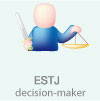
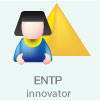
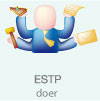
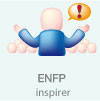
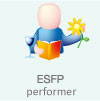

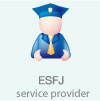
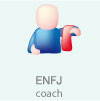
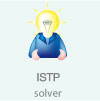

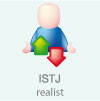
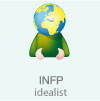

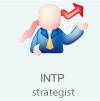

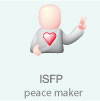
Sample report of the Jung Test
This Jung Personality test (The Bridge Personality) has been independently assessed as one of the most reliable ways to measure Jung Types. In the Jung Personality test report you will receive information about leadership, communication, stress management, and conflict management per Jung Type.
Video : 16 Jung Type team workshop
The team report from the Jung Personality Test promptly offers a comprehensive snapshot of the diverse personalities within your team, serving as an ideal foundation for a group session. This team workshop can enhance teamwork and elevate overall results. With the self-starter team workshop kit, you have the ability to facilitate your unique 16 Jung Type team session.
-
What is the difference between a paid Jung personality test and a free test?
-
A professional Jung Personality Test, like The Bridge Personality, has been scientifically developed and is utilized by various companies and organizations. This test and its report are significantly more comprehensive than free Jung tests. Because it is more extensive, the Jung Type provided in the report will also be considerably more reliable.
-
Does this Jung test also have a 4 color report?
-
Yes, of course! When using the Jung personality test from TestGroup, you can choose between a 16 Jung Types report or a 4-color report. We also have a report in which both the Jung Types and the 4 colors are included.
-
What is the difference between The Bridge Personality Jung test and the MBTI?
-
The Bridge Personality Jung test is much more comprehensive than the MBTI (Myers-Briggs Type Indicator) due to the artificial intelligence included in the test. This technique is included in The Bridge Personality to ensure that the Jung Types are measured better and more reliably. In addition, The Bridge Personality also has a 4-color report (just like with Insights Discovery) and a team report, which cannot be used with the MBTI.
-
How can I order this Jung test?
-
You can order this test separately for each candidate through the order page. If you plan to administer more than 10 tests per year, we recommend creating your own account on our assessment system; it will be much cheaper.
-
Does this test measure the 16 types of Carl Gustav Jung?
-
Yes, definitely! Jung identified four archetypes in his research, which roughly correspond to the four dimensions in TestGroup's Jung Personality Test. These four dimensions are further divided into 16 Jung types.
-
What are Jung's personality types?
-
Carl Gustav Jung found in his research that there are four psychological functions: thinking, feeling, sensation, and intuition. These correspond to the four dimensions in the Bridge Personality Jung Test, which are then divided into sixteen personality types.
-
What is a Jung Personality Test?
-
A Jung Personality Test is a psychological assessment grounded in Carl Jung's personality type theory. It aids in identifying personality traits, preferences, and strengths, typically categorized into four dichotomies, such as introversion versus extraversion.
-
What are the four Jungian dichotomies?
-
The Jung Personality Test evaluates:
- Introversion (I) vs. Extraversion (E)
- Sensing (S) vs. Intuition (N)
- Thinking (T) vs. Feeling (F)
- Judging (J) vs. Perceiving (P)
These combine to create 16 unique personality types.
-
Who can take the Jung Personality Test?
-
The test is appropriate for individuals, teams, and organizations. It is frequently utilized in HR contexts, coaching, and education to improve understanding and collaboration.
-
How accurate is the Jung Personality Test?
-
The test is rooted in Jungian psychology and has been refined over the decades. Although it is not a definitive measure, it provides a dependable framework for understanding personality.
-
Do I need training to use the Jung Personality Test?
-
No, training is not necessary to use the Jung Personality Test. The Bridge assessment system is so user-friendly that anyone—whether you are an HR professional, hiring manager, or candidate—can easily grasp the results. This allows you to order and apply the tests and online assessments from TestGroup directly, without requiring any additional training or certification.